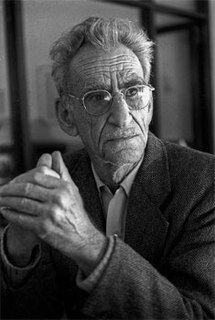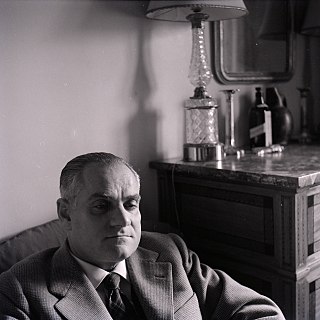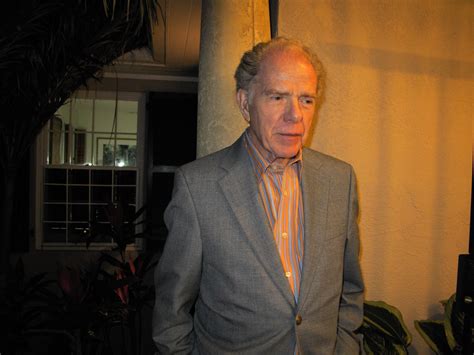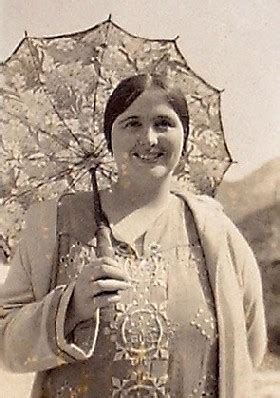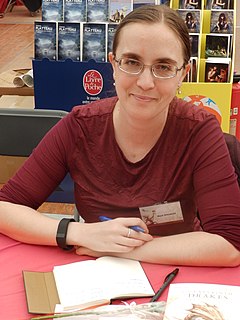A Quote by Kevin Myers
The same tantalizing guile and sublime skill....[The series is] reinforced in its claim to be one of the major literary works of this century....Only two other writers that this reviewer can think of have each created an entire, discrete and compelling world, a totally believable entity which one might wish to inhabit, and they are Joyce and Proust. It is not pretentious to place Patrick O'Brian in the first canon of literature.
Quote Topics
Related Quotes
I want my books to exist in the literary world, not only in the art world. I am interested in having a dialogue with other writers, and the readers of those writers. Someone who is reading a book of mine might not have visited my exhibitions related to it, but can still have a full, literary experience with that book. This would be a completely different experience from stepping into the show, not having read the book. One form is not illustrative of the other.
Many of Judy Blume's books - which I devoured when I was growing up and where I found characters that were believable because they were a lot like me - caused considerable consternation when they were first published, but now they're widely accepted as an essential part of the children's literary canon.
Mann and Joyce are very different, and yet their fiction often appeals to the same people: Harry Levin taught a famous course on Joyce, Proust, and Mann, and Joseph Campbell singled out Joyce and Mann as special favorites. To see them as offering "possibilities for living", as I do, isn't to identify any distinctive commonality. After all, many great authors would fall under that rubric.
I used to do miserably in English literature, which I thought was a sign of moral turpitude. As I look back on it, I think it was rather to my credit. The notion of actually putting writers' words into other words is quite ridiculous because why bother if writers mean what they mean, and if they don't, why read them? There is, I suppose, a case for studying literary works in depth, but I don't quite know what 'in depth' means unless you read a paragraph over and over again.
At one point in the 'Onyx Court' series, I think during 'In Ashes Lie', I suggested that Lune might come to love someone else eventually. Which was me pushing back against the narrative trope that people only get one True Love in their entire lives - an idea I think is kind of pernicious - but in retrospect, I wish I hadn't done it there.
I'm a pluralist about perspectives on literature. There seem to me to be all sorts of illuminating ways of responding to major literary works, some of them paying considerable attention to context, others applying various theoretical ideas, yet others focusing on details of language, or linking the work to the author's life, or connecting it with other works.





